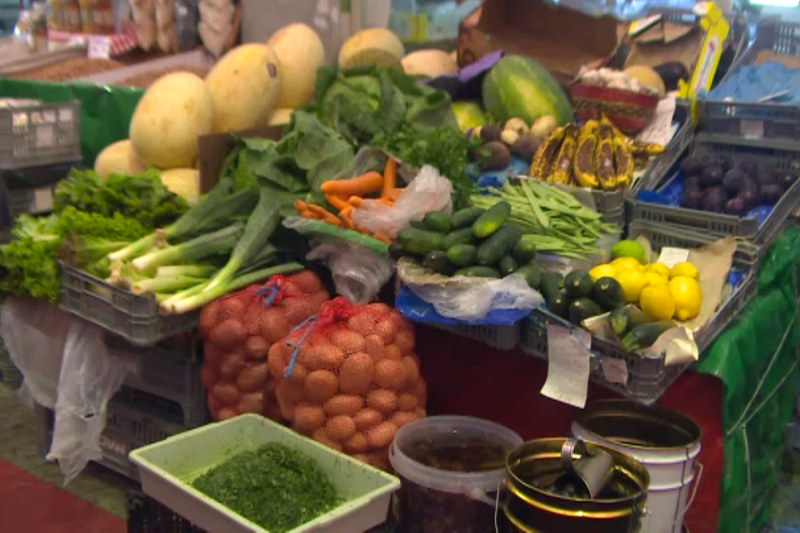Representatives of the agri-food chain, such as production, industry and distribution, highlighted this Tuesday the increase in costs resulting from the war in Ukraine and the energy crisis, which led to price increases, supporting studies of the sector’s profit margins.
At a hearing this Tuesday in the Assembly of the Republic, at the request of the PSD parliamentary group, representatives of associations representing producers and processing and distribution companies, discussed price increases in the sector, at a time when the food basket, defined by the Food and Economic Security Authority (ASAE) to calculate the evolution of values, has increased by almost 29% since 2022 and until February of this year to 96.44 euros.
For the Confederation of Commerce and Services of Portugal (CCP), Luís Brás highlighted the “impacting consequences” of the energy crisis exacerbated by the war in Ukraine for the sector, given that “energy is used throughout the value chain”, namely in refrigeration and in stores.
Alluding to the recent inspection actions by ASAE, Luís Brás said he welcomed the initiatives “in terms of the evolution of prices on the ground”, but criticized “measures that do not allow for a perception of the value chain”, given that “it is necessary to see which the profit margin and its final value”.
Thus, the head of CCP suggested carrying out a “study carried out by an independent entity” on profit margins, but that “it is not just a case-by-case analysis”.
The vice-president of the Confederação Empresarial de Portugal (CIP), Jorge Henriques, also highlighted the “astronomical increases that should not change in the near future” in raw materials such as glass, plastic, cardboard and metal, pointing out that this situation ” led to increases in contracts of over 50%”.
Also speaking on the occasion, the president of the Federation of Portuguese Agro-Food Industries (FIPA), Jorge Tomás Henriques, observed that “consumption profiles are changing radically”, since “people are looking for cheaper products and buy less”.
Even so, he defended that “the situation, which is not beneficial, must be faced with truth”.
The general director of Centromarca, Pedro Pimentel, pointed out that “inflation, despite not being a Portuguese problem, penalizes everyone, starting with consumers, but also the links of the Portuguese industry”.
However, Pedro Pimentel stressed that “speculation and inflation are very different things”, rejecting “confusing gross and net margins” and defending more “regulation without being intrusive” for supermarkets’ own brands.
The director general of the Portuguese Association of Distribution Companies (APED), Gonçalo Lobo Xavier, also regretted the “discussion launched in an inappropriate and unfair way by ASAE”, which “threw confusion among consumers” and “called for coercion all players in the value chain”, causing “absolutely unacceptable reputational damage” for food retail.
“You cannot cast suspicions of bad practices when there is enormous monitoring”, he said.
On the side of the producers, the president of the Confederation of Portuguese Farmers (CAP), Eduardo Oliveira e Sousa, pointed out the “very large gap between the moment in which the production of any agricultural product begins until the moment in which it is purchased by the consumer “, referring that there is currently a “stabilization of prices [de produção] on the rise due to the incorporation of energy, mainly gas” and due to contexts such as drought.
From the National Confederation of Agriculture (CNA), José Miguel Pacheco highlighted the “brutal increase in production costs, first due to post-pandemic demand and then due to the war”, which were 48% in the space of a year.
Even so, according to the official, “the situation in retail trade is worrying and is neither normal nor acceptable” given the “hegemony and dominance” of large chains to the detriment of local trade.
The assistant secretary general of the National Confederation of Agricultural Cooperatives and Agricultural Credit of Portugal (Confagri), Nuno Serra, added that the fact that there was “less production and increased costs” led to “changes in the consumption pattern”, which should be reversed with a lower tax burden and with support for producers.


